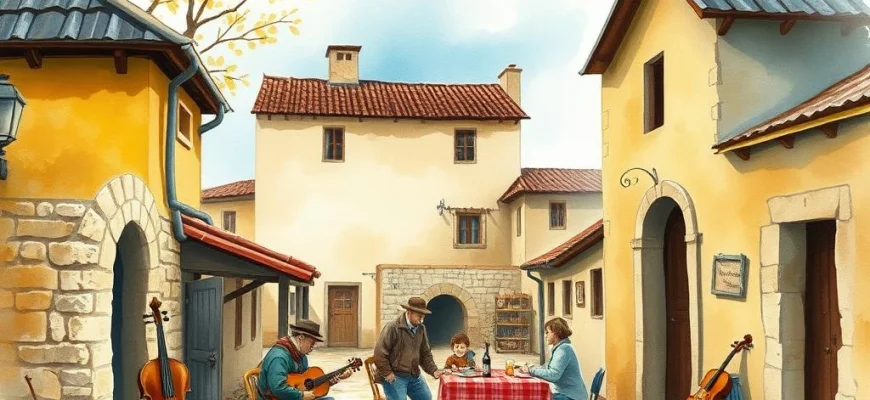If you loved the timeless musical 'Fiddler on the Roof' (1971) and its heartfelt story of tradition, family, and change, you're in for a treat! This article explores 10 movies and shows that capture similar themes of cultural heritage, resilience, and emotional depth. Whether you're a fan of musicals, historical dramas, or poignant storytelling, these recommendations will keep you entertained and moved.
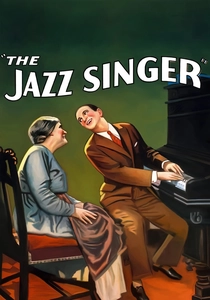
The Jazz Singer (1927)
Description: A pioneering film that addresses the tension between tradition and modernity, particularly through the lens of Jewish immigrant experience and the pursuit of artistic dreams.
Fact: This was the first feature-length motion picture with synchronized dialogue sequences, marking the decline of silent films. Al Jolson's performance popularized blackface in cinema.
 Watch Now
Watch Now 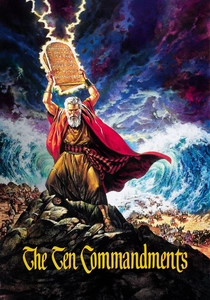
The Ten Commandments (1956)
Description: Epic storytelling that intertwines faith, liberation, and moral dilemmas, set against grand visuals and a sweeping narrative about identity and divine purpose.
Fact: The parting of the Red Sea scene used 300,000 gallons of water, filmed in a massive tank. Cecil B. DeMille had previously directed a silent version of the same story in
 Watch Now
Watch Now 
Hester Street (1975)
Description: Portrays the struggles of Jewish immigrants in America, focusing on cultural assimilation, family dynamics, and the clash between old-world traditions and new-world opportunities.
Fact: The film was shot in black and white to evoke the period's authenticity. It was based on Abraham Cahan's 1896 novel 'Yekl: A Tale of the New York Ghetto.'
 Watch Now
Watch Now 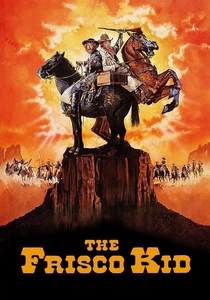
The Frisco Kid (1979)
Description: A comedic yet heartfelt journey of a rabbi navigating the American frontier, blending themes of faith, friendship, and cultural adaptation with adventure.
Fact: Gene Wilder prepared for his role by studying with a rabbi. The film was originally conceived as a more serious drama before being rewritten as a comedy.
 Watch Now
Watch Now 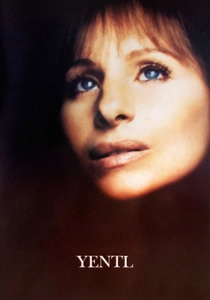
Yentl (1983)
Description: Explores themes of identity, tradition, and gender roles within a Jewish cultural context, blending musical elements with deep emotional and philosophical questions.
Fact: Barbra Streisand became the first woman to win a Golden Globe for Best Director for this film. The movie was based on a short story by Isaac Bashevis Singer.
 Watch Now
Watch Now 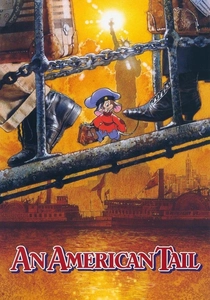
An American Tail (1986)
Description: A family-friendly tale of immigration and hope, using anthropomorphic characters to mirror the struggles and dreams of Jewish and other immigrant communities in America.
Fact: The film was inspired by the childhood experiences of executive producer Steven Spielberg's grandparents. It was the first animated film produced by Amblin Entertainment.
 Watch Now
Watch Now 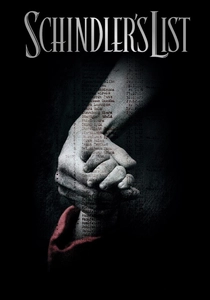
Schindler's List (1993)
Description: A harrowing yet poignant depiction of survival and moral courage during the Holocaust, emphasizing the resilience of the human spirit and the impact of individual actions.
Fact: The girl in the red coat was one of the few uses of color in the otherwise black-and-white film. The movie was shot in Kraków, Poland, near the actual locations of the events.
 Watch Now
Watch Now 
Life Is Beautiful (1997)
Description: Blends humor and tragedy to tell a story of love and sacrifice in the face of oppression, showcasing the power of imagination and hope in the darkest times.
Fact: Roberto Benigni improvised many of his lines, including the famous 'Buongiorno principessa!' scene. The film won three Academy Awards, including Best Actor for Benigni.
 Watch Now
Watch Now 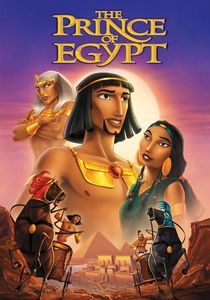
The Prince of Egypt (1998)
Description: An animated musical that retells a biblical story with emotional depth, exploring themes of brotherhood, freedom, and destiny through stunning visuals and powerful songs.
Fact: This was DreamWorks Animation's first traditionally animated feature. The film's soundtrack includes the Oscar-winning song 'When You Believe,' performed by Whitney Houston and Mariah Carey.
 Watch Now
Watch Now 
A Serious Man (2009)
Description: Delves into Jewish identity, existential crises, and the search for meaning, wrapped in dark humor and a narrative that questions faith and morality.
Fact: The film's opening sequence is a Yiddish-language prologue set in a Polish shtetl. It was inspired by the Book of Job and the Coen brothers' own upbringing in a Jewish community.
 Watch Now
Watch Now 
